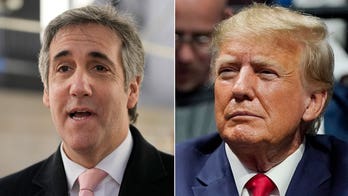The FBI has imposed new restrictions on its agents' ability to masquerade as reporters following an uproar over the impersonation of an Associated Press journalist.
An inspector general report released Thursday said the FBI recently instituted new policies requiring top-level approval before agents can pose as journalists, calling the changes an "important improvement" over past practices.
The AP and the Reporters Committee for Freedom of the Press sued the FBI last year after it emerged that the bureau had impersonated an AP journalist to send a bogus news article that was booby trapped with surveillance software.
The ruse, in 2007, resulted in the trial and conviction of a teenage bomb hoaxer in Washington State.
FBI Director James Comey defended the tactic in a 2014 New York Times opinion piece as "proper and appropriate," and said that while it would still be permissible under new policies, it would likely need additional levels of approval.
The FBI this year tightened its policies to permit agents to pose as journalists only after approval by headquarters leadership.
Under an interim policy approved in June, agents may impersonate journalists only if it is done as part of an undercover operation and only after authorization from a special committee at headquarters and the FBI's deputy director. The inspector general recommended that the FBI update its undercover policy guide to incorporate that new policy.
The inspector general, an independent watchdog office within the Justice Department, said the 2007 operation would not have violated FBI undercover policies at the time, though certain decisions made during the investigation could have triggered additional levels of approval.




